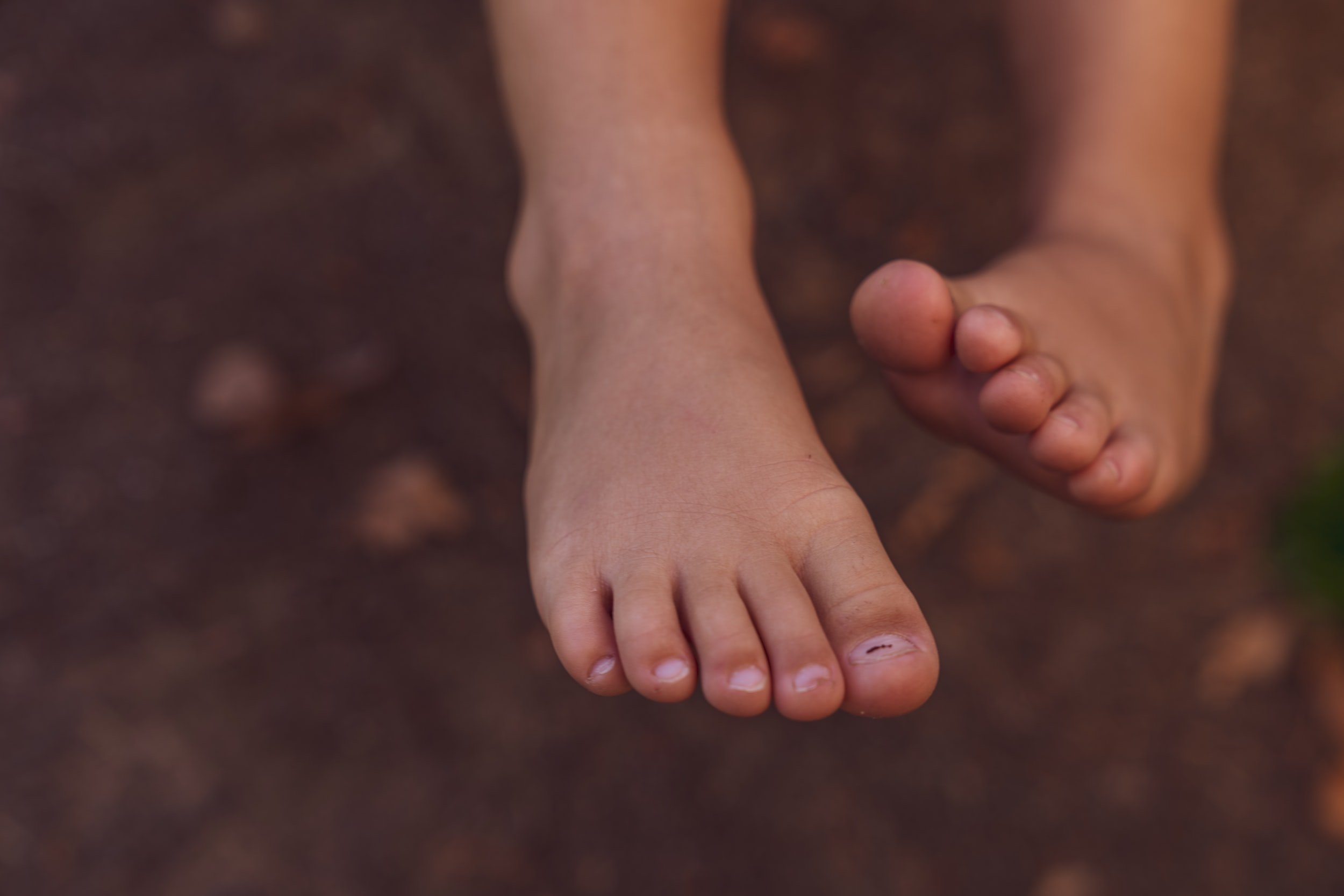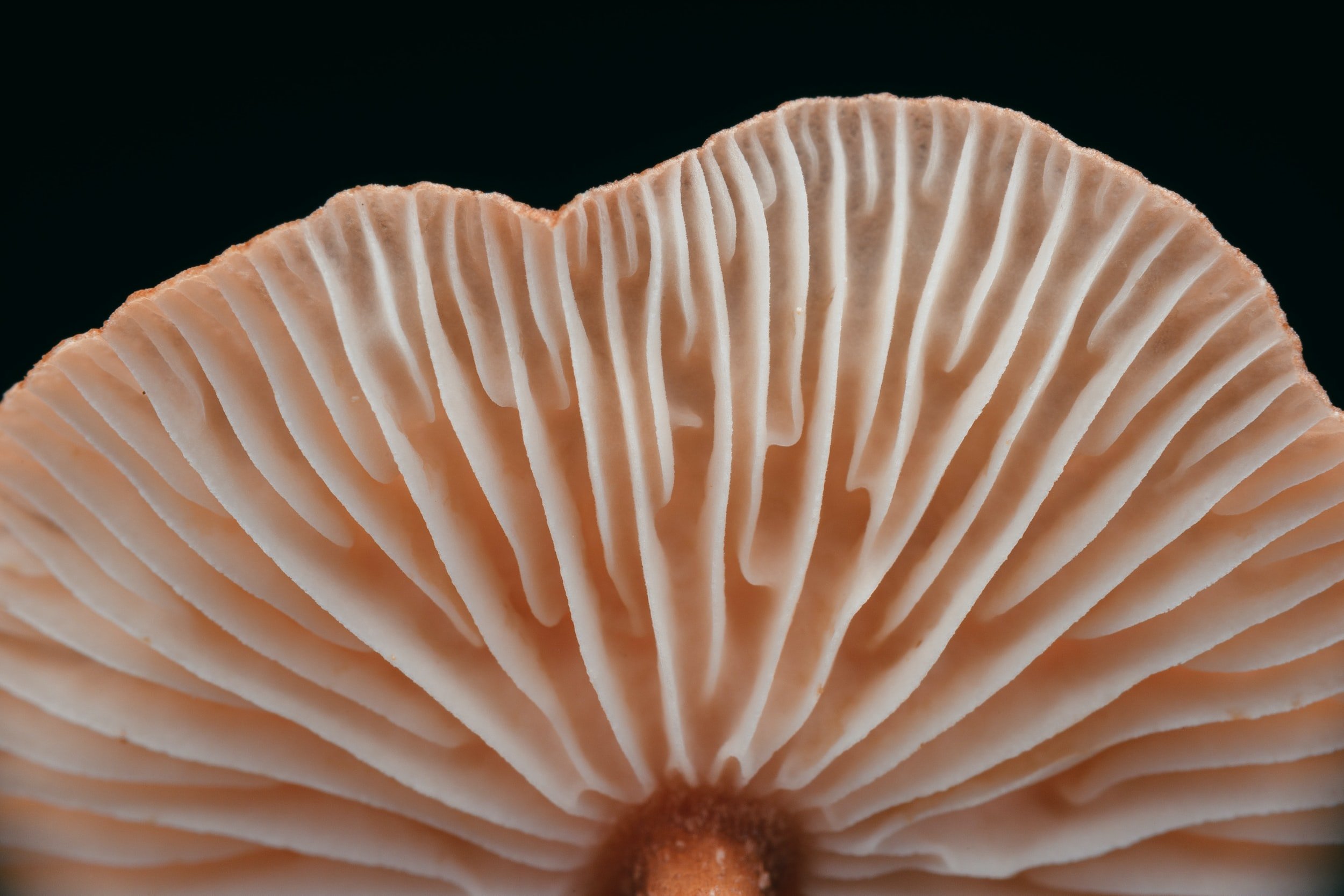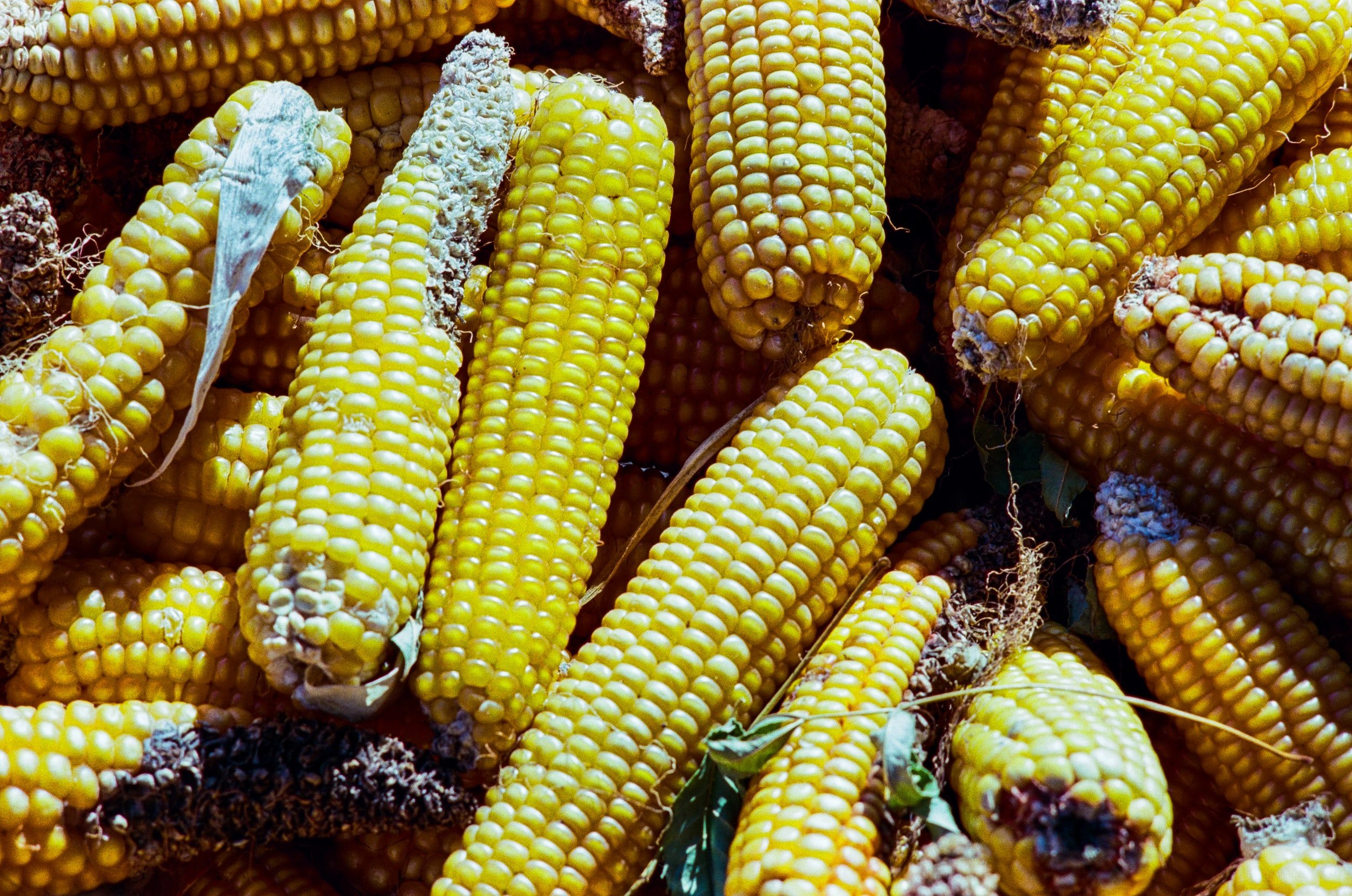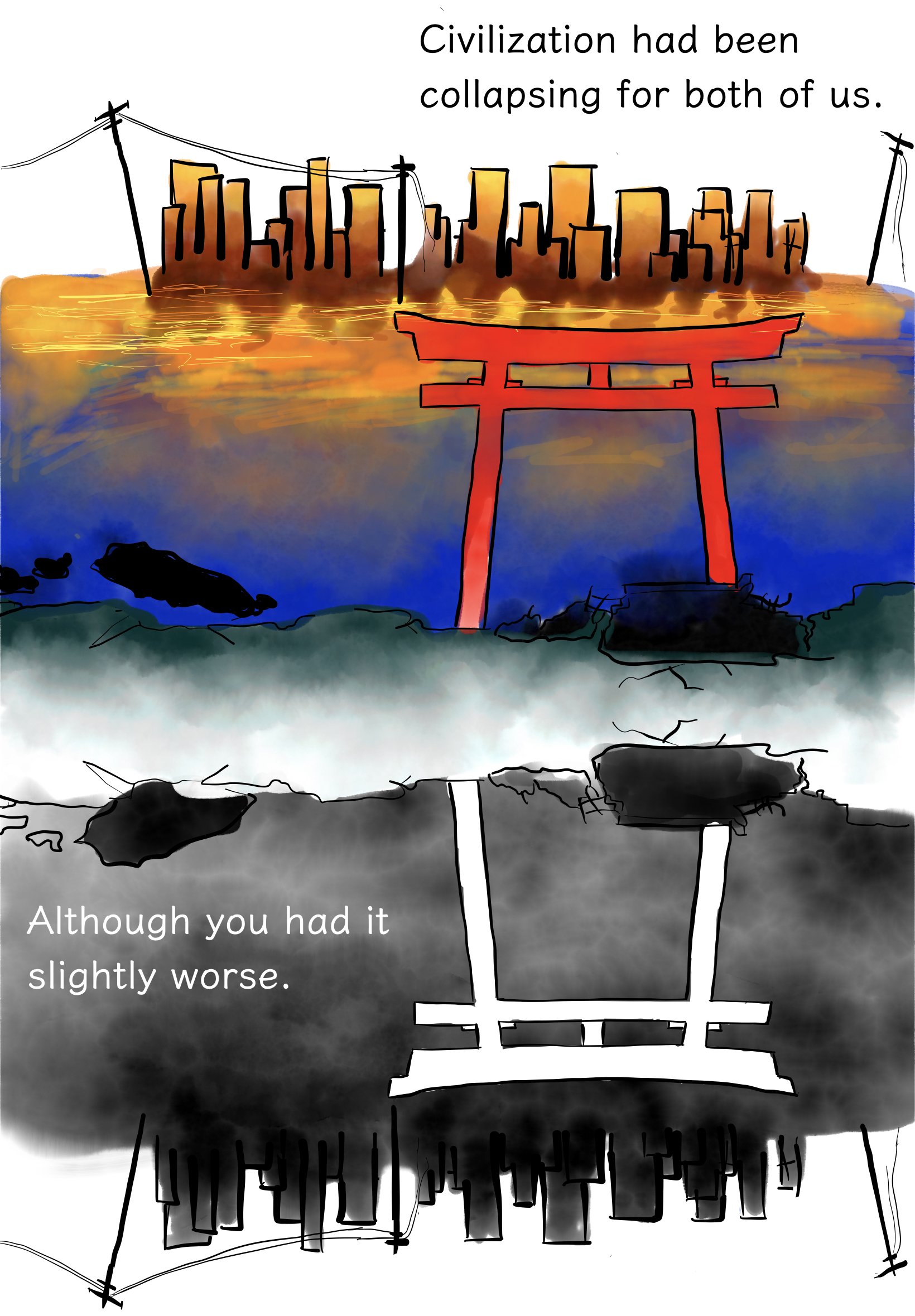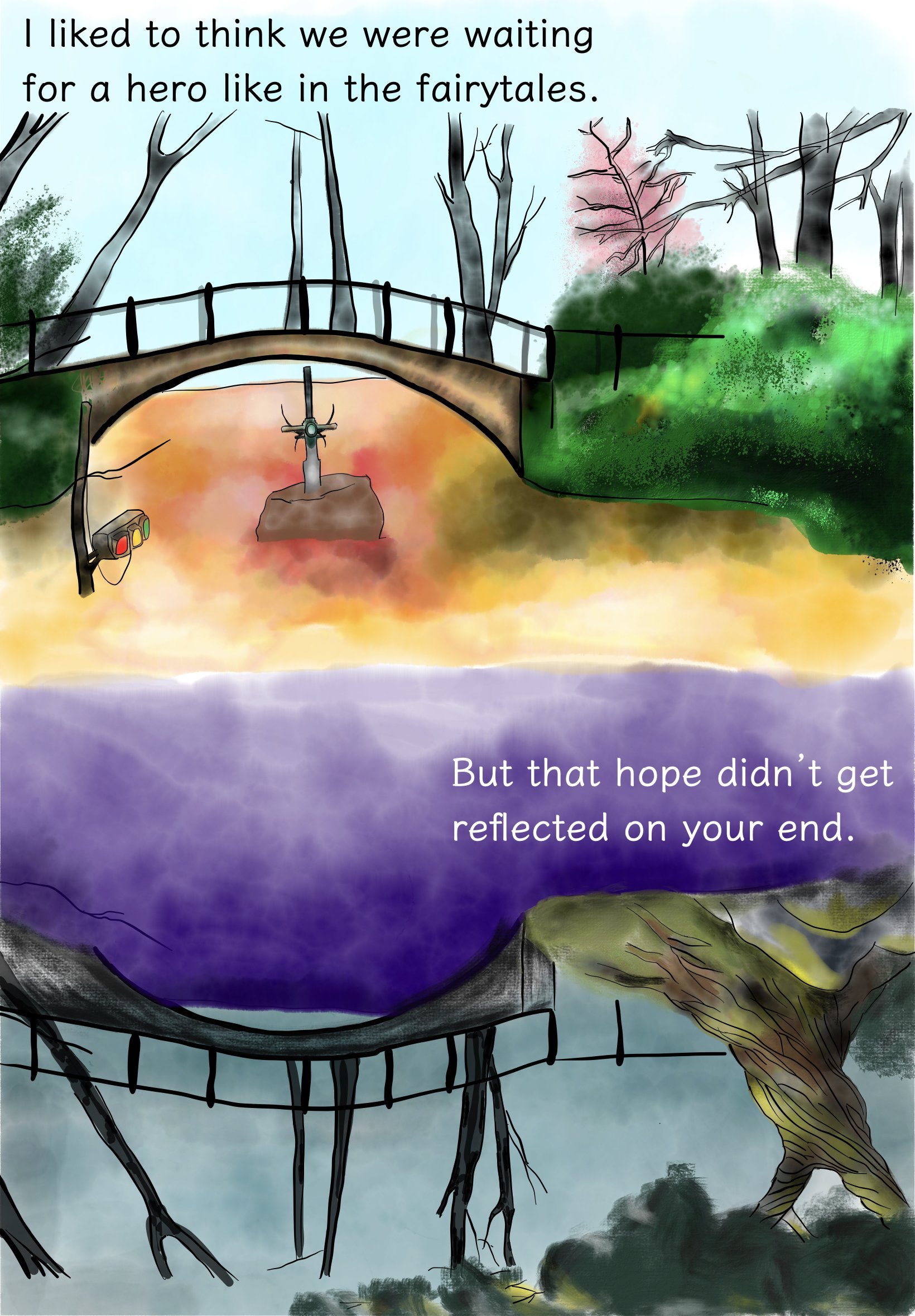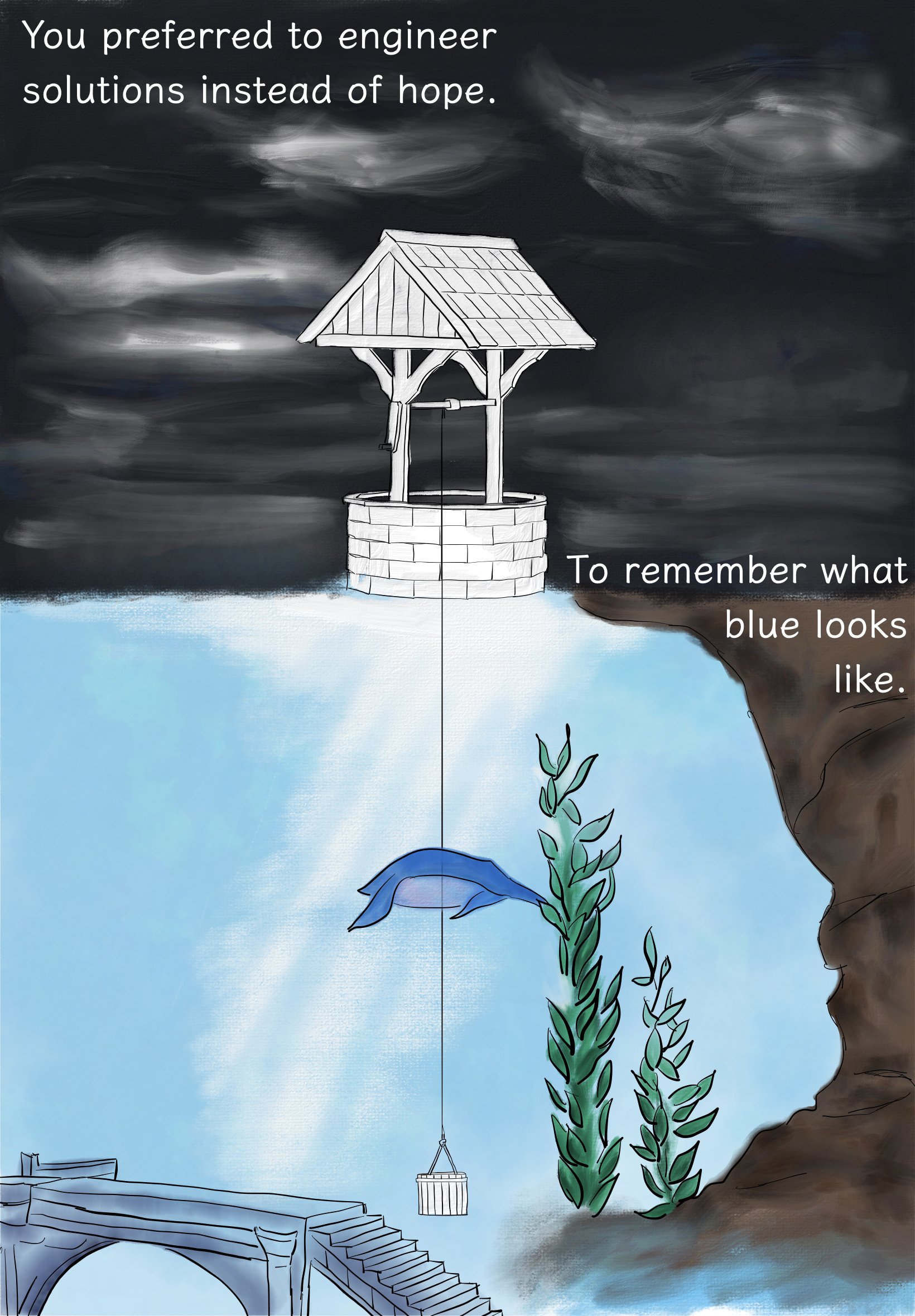By Marissa Alvarez
from that first sizzle
as batter hits hot oil
you can smell it in the air
you may crave a certain flavor
but don't make the revisionist mistake
like conquerors or capitalists
with no memory of history beyond
what is frying up today
the fact of flour
of so called refined civilization
with its agriculture
should conjure images of colonization
for this fry bread
is not the taste of ancient culture
what you savor on your tongue
is the taste of loss
loss of language
loss of land
loss of wild buffalo & wild salmon & indigenous corn
imagine sacks of flour
given instead of rights
instead of agency to migrate over their own land
to gather wild rice in a kayak
medicinal leaves from bushes
confined to reservations far
away
from ancestral rivers and mountains
a landscape over which someone else's destiny manifested
without sweat lodges
or shamans
or three sisters salad
the fact of fry bread is the loss of native diet
what you taste is continued colonialism
the taste of obesity
the taste of heart disease
the taste of diabetes
you're tasting a generational smallpox blanket
you must learn
to recognize the smell of oppression
call attention as it heats up in the pan
in the heat of summer after summer
in the heat of our own hearts
tender dough sinks between your teeth
but the only ancient culture you're tasting
is centuries old oppression
we must protest
the dams & the borders
especially those in our minds
we must protect
those who are dying
stop swallowing what we've been fed
we must refuse
to feed each other oppression
and call it tradition
Marissa Alvarez is a Chicana with multiple chronic conditions, who lives on Southern Paiute ancestral land, with her parents (again), shih tzu sister, and three rescued cats. This year her poems have appeared in The Southern Quill, Rigorous, Issue 3, Capsule Stories, Autumn, Anti-Heroin Chic, October and Inlandia, Fall.








